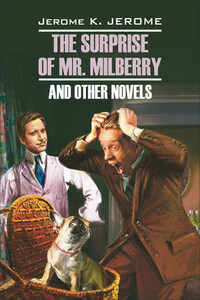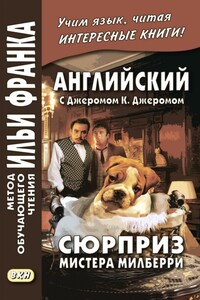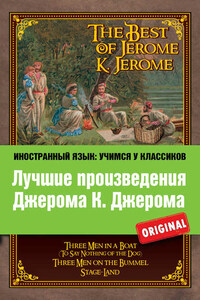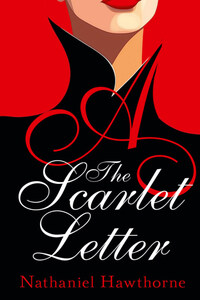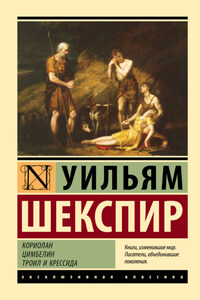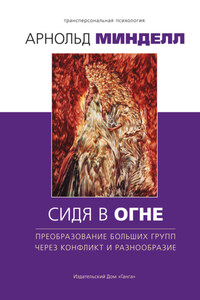[There Is No Such Thing As Bad Weather][1]
(From Idle Thoughts of an Idle Fellow, 1886)
Things do go so contrary-like with me.[2] I wanted to hit upon an especially novel, out-of-the-way subject for one of these articles. “I will write one paper about something altogether new,” I said to myself; “something that nobody else has ever written or talked about before; and then I can have it all my own way.” And I went about for days, trying to think of something of this kind; and I couldn’t. And Mrs. Cutting, our charwoman, came yesterday – I don’t mind mentioning her name, because I know she will not see this book. She would not look at such a frivolous publication. She never reads anything but the Bible and Lloyd’s Weekly News. All other literature she considers unnecessary and sinful.
She said: “Lor’, sir, you do look worried.”
I said: “Mrs. Cutting, I am trying to think of a subject the discussion of which will come upon the world in the nature of a startler – some subject upon which no previous human being has ever said a word – some subject that will attract by its novelty, invigorate by its surprising freshness.”
She laughed and said I was a funny gentleman.
That’s my luck again. When I make serious observations people chuckle; when I attempt a joke nobody sees it. I had a beautiful one last week. I thought it so good, and I worked it up and brought it in artfully at a dinner-party. I forget how exactly, but we had been talking about the attitude of Shakespeare toward the Reformation, and I said something and immediately added, “Ah, that reminds me; such a funny thing happened the other day in Whitechapel.” “Oh,” said they, “what was that?” “Oh, ’twas awfully funny,” I replied, beginning to giggle myself; “it will make you roar;” and I told it them.
There was dead silence when I finished – it was one of those long jokes, too – and then, at last, somebody said: “And that was the joke?”
I assured them that it was, and they were very polite and took my word for it[3]. All but one old gentleman at the other end of the table, who wanted to know which was the joke – what he said to her or what she said to him; and we argued it out.
Some people are too much the other way. I knew a fellow once whose natural tendency to laugh at everything was so strong that if you wanted to talk seriously to him, you had to explain beforehand that what you were going to say would not be amusing. Unless you got him to clearly understand this, he would go off into fits of merriment over every word you uttered. I have known him on being asked the time stop short in the middle of the road, slap his leg, and burst into a roar of laughter. One never dared say anything really funny to that man. A good joke would have killed him on the spot.
In the present instance I vehemently repudiated the accusation of frivolity, and pressed Mrs. Cutting for practical ideas. She then became thoughtful and hazarded “samplers;” saying that she never heard them spoken much of now, but that they used to be all the rage[4] when she was a girl.
I declined samplers and begged her to think again. She pondered a long while, with a tea-tray in her hands, and at last suggested the weather, which she was sure had been most trying of late.
And ever since that idiotic suggestion I have been unable to get the weather out of my thoughts or anything else in.
It certainly is most wretched weather. At all events it is so now at the time I am writing, and if it isn’t particularly unpleasant when I come to be read it soon will be.
It always is wretched weather according to us. The weather is like the government – always in the wrong[5]. In summer-time we say it is stifling; in winter that it is killing; in spring and autumn we find fault with it for being neither one thing nor the other and wish it would make up its mind. If it is fine we say the country is being ruined for want of rain; if it does rain we pray for fine weather. If December passes without snow, we indignantly demand to know what has become of our good old-fashioned winters, and talk as if we had been cheated out of something we had bought and paid for; and when it does snow, our language is a disgrace to a Christian nation. We shall never be content until each man makes his own weather and keeps it to himself.
If that cannot be arranged, we would rather do without it altogether.
Yet I think it is only to us in cities that all weather is so unwelcome. In her own home, the country, Nature is sweet in all her moods. What can be more beautiful than the snow, falling big with mystery in silent softness, decking the fields and trees with white as if for a fairy wedding! And how delightful is a walk when the frozen ground rings beneath our swinging tread – when our blood tingles in the rare keen air, and the sheep-dogs’ distant bark and children’s laughter peals faintly clear like Alpine bells across the open hills! And then skating! scudding with wings of steel across the swaying ice, making whirring music as we fly. And oh, how dainty is spring – Nature at sweet eighteen!
